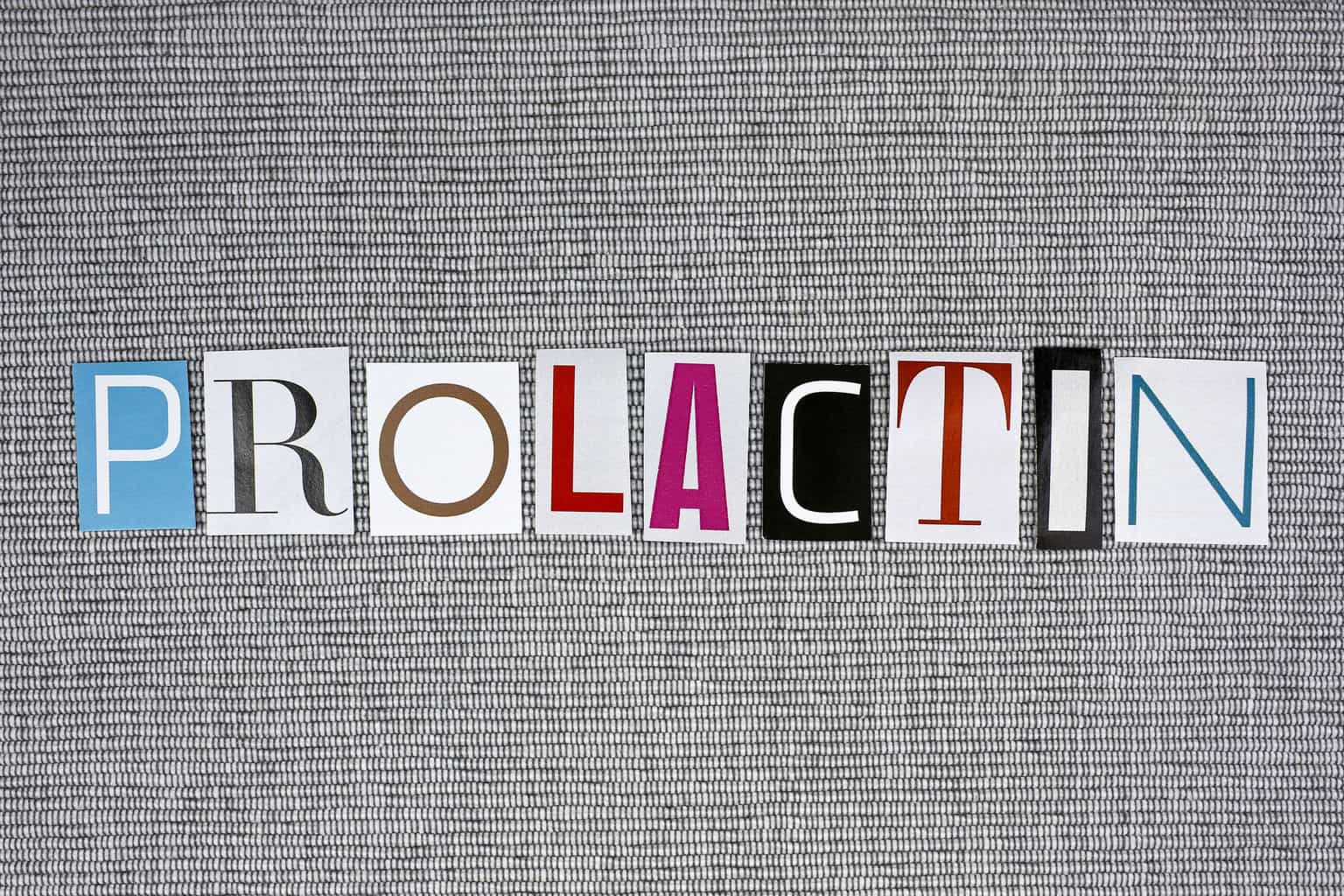
[cmamad id=”5746″ align=”center” tabid=”display-desktop” mobid=”display-desktop” stg=””]
Prolactin is a hormone that you generally want to keep low rather than high.
Prolactin levels in men correspond to their estrogen levels.
Both estrogen and prolactin are very inflammatory.
Worse, they both tend to lower sexual drive and performance in men.
So, today we are going to look at a study showing the effects of long-term levels of prolactin and testosterone in men.

As men age, their testosterone levels fall, but their prolactin levels rise.
This chart from an earlier, but excellent study shows how men’s levels rise.

In fact, our more recent study shows prolactin levels rise 5.3% per year in older men.
Prolactin comes mostly from the pituitary, located in the brain.
But the prostate also makes prolactin.
And rising prolactin levels are a bad indicator of potential prostate cancer.
As the researchers note:
Recent reports suggest local, glandular production of PRL by the prostate and a possible indirect role for prolactin in prostate cancer.
Age and cancer are not the only things that cause prolactin levels to increase.
Stress powerfully raises prolactin, too.

In this experiment, researchers studied parachute jumpers, both inexperienced and experienced.
[cmamad id=”5747″ align=”center” tabid=”display-desktop” mobid=”display-desktop” stg=””]
They found prolactin levels shoot up with the stress of jumping out of an airplane.
And they found that it applies just as much to the experienced as to the inexperienced jumpers.
The authors conclude that acute stress increases prolactin and cortisol levels, as well as thyroid-related TSH.
In another experiment, these researchers went swimming in cold water.
The researchers were experienced swimmers but not acclimated to swimming in really cold water.
They found that over time the stress of the cold water swimming DOUBLED their prolactin levels.

Continued training in cold water had a result that was surprising:
Basal prolactin levels DOUBLED!!
With levels that high, it is a good bet that their libido and sexual performance declined as well.
So this tells us that men need to manage their prolactin levels.
If you have higher prolactin levels, you need to work on lowering them.
Anything that lowers estrogen levels will also lower prolactin levels.
There are supplements that lower estrogen and prolactin.
Vitamin E, androsterone, pregnenolone, progesterone, aspirin, and methylene blue are some of the supplements you can take.
Lowering stress, getting plenty of sugar, and bag breathing are great ways to lower prolactin levels.
You do need some prolactin.
But the problem for most aging men is going to be too much prolactin.
And this applies to many young men as well.

https://www.ncbi.nlm.nih.gov/pmc/articles/PMC1675509/pdf/brmedj01480-0020.pdf
Age Trends in the Level of Serum Testosterone and Other Hormones in Middle-Aged Men: Longitudinal Results from the Massachusetts Male Aging Study
http://press.endocrine.org/doi/full/10.1210/jcem.87.2.8201
Acute psychological stress increases plasma levels of cortisol, prolactin, and TSH
https://www.ncbi.nlm.nih.gov/pubmed/1569828
Acute and chronic effects of winter swimming on LH, FSH, prolactin, growth hormone, TSH, cortisol, serum glucose and insulin
https://www.ncbi.nlm.nih.gov/pubmed/7710600

Leave a Reply